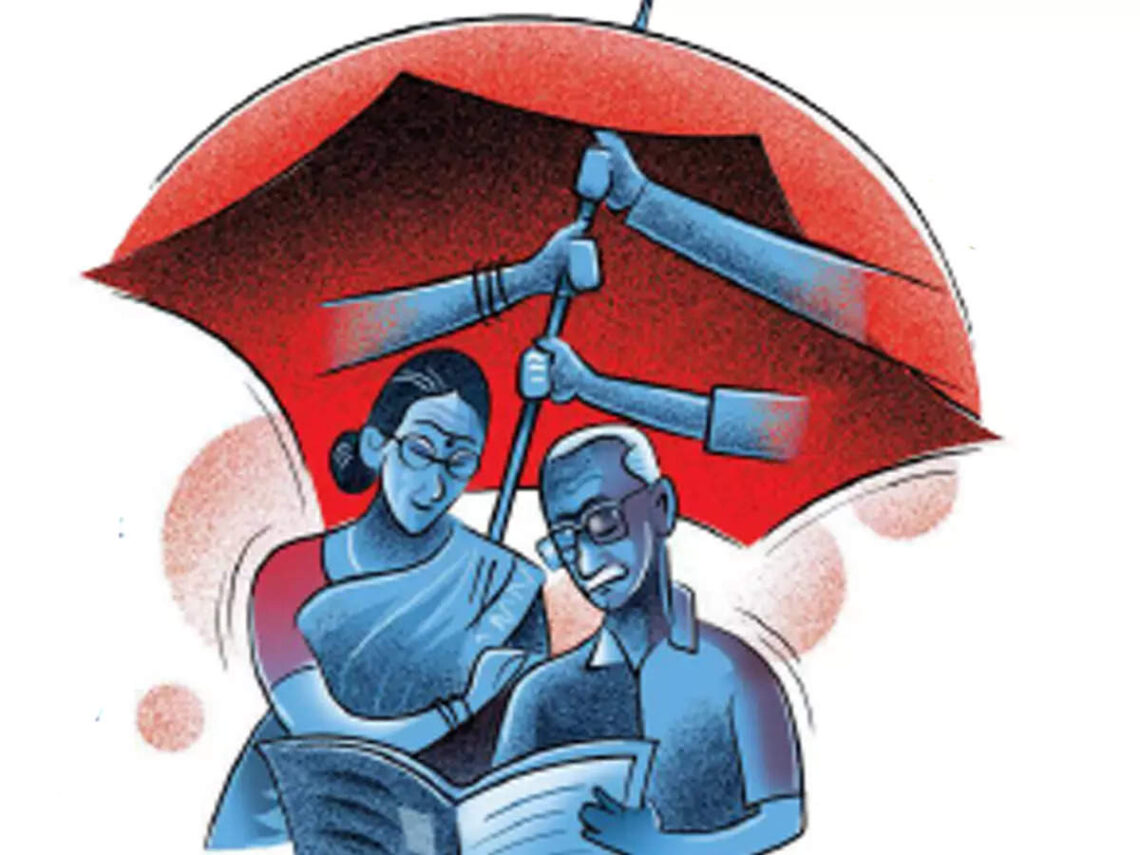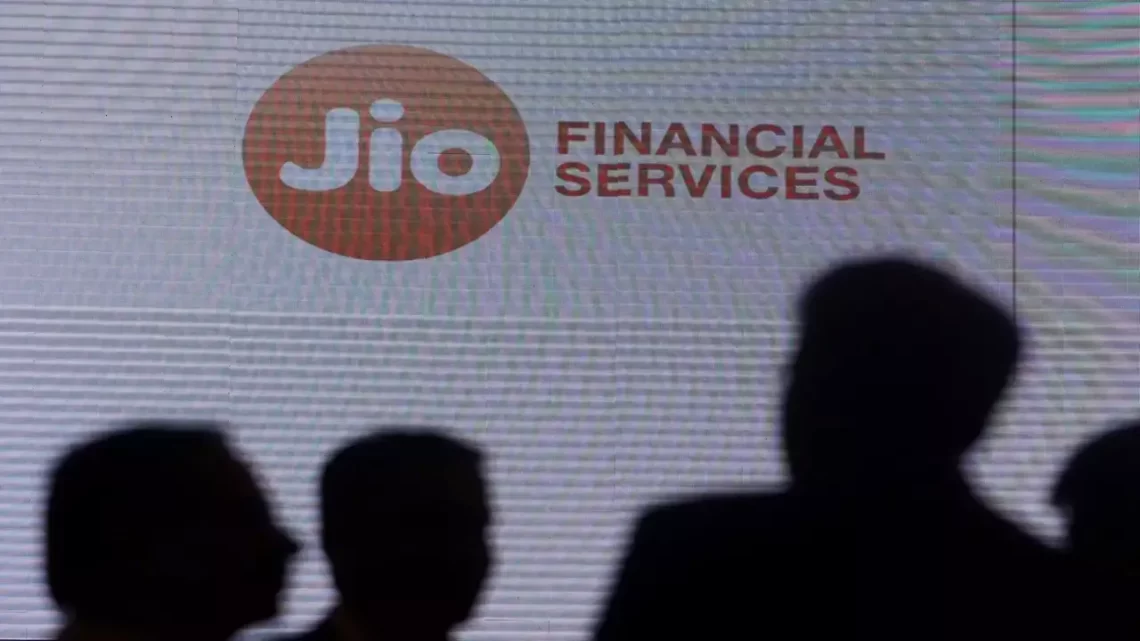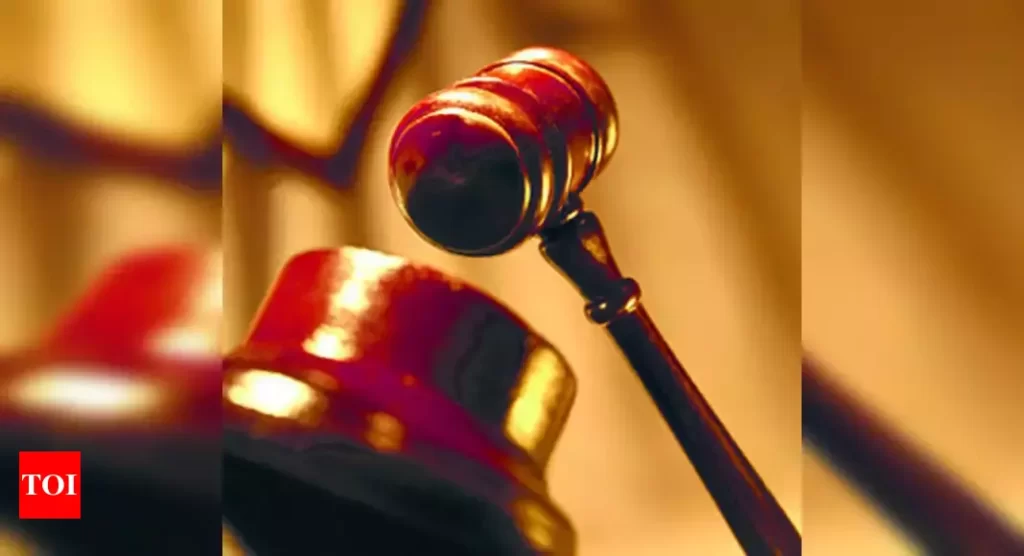Big news from New Delhi — the Insurance Regulatory and Development Authority of India (IRDAI) has officially removed the age limit on purchasing www batteryplay in health insurance. Previously, people over 65 struggled to get new policies, and many older adults were left without access to coverage despite rising medical costs.
This change is not just technical — it fundamentally reshapes who can access financial protection in case of medical emergencies. IRDAI now requires insurers to offer health plans for all age groups, including seniors, children, students, and even maternity-specific products. For people with serious health conditions such as cancer, renal failure, heart disease, or AIDS, this regulation is particularly important: insurers can no longer refuse coverage to high-risk groups solely due to pre-existing conditions. This move signals a strong step toward inclusivity, ensuring that vulnerable populations are no longer excluded from vital healthcare financial protection.
The regulatory body has also mandated more flexible premium payment options. Insurers must now allow policyholders to pay in installments, reducing the upfront financial burden and making insurance more attainable for middle- and lower-income families. Experts suggest this could lead to a significant increase in overall insurance penetration, particularly among senior citizens, who are often most at risk for high medical costs but have historically faced discrimination in policy issuance.
Health insurance companies like ICICI Lombard, HDFC Ergo, and Star Health have already begun rolling out updated products that comply with the new regulations. Industry analysts predict that this change could fundamentally alter India’s insurance landscape, making it more competitive while improving financial security for millions of people. With India’s healthcare costs rising rapidly, IRDAI’s decision may be a critical step toward ensuring that more citizens have access to timely, affordable healthcare.

























